How Egypt’s BRICS membership could help create a new world order
- Update Time : Friday, December 13, 2024
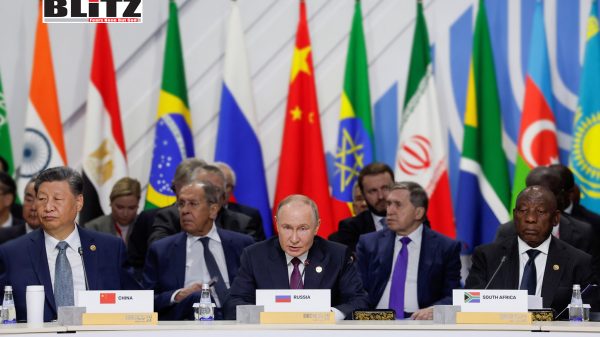
Egypt’s decision to join the BRICS economic bloc in 2023 marked a pivotal step in its quest for enhanced global influence and economic transformation. Alongside other new members like Iran, the United Arab Emirates, and Ethiopia, Egypt’s inclusion in this strategic alliance signals a shifting global balance of power. As BRICS expands its geopolitical reach, the potential benefits and challenges of integrating Egypt into the bloc’s framework highlight its role in shaping a new, multipolar world order.
BRICS-an acronym for Brazil, Russia, India, China, and South Africa-has evolved into a powerful economic bloc. By the end of 2024, BRICS’ share of global GDP, measured by purchasing power parity (PPP), is projected to reach 36.7 percent, surpassing the Group of Seven (G7), which holds 30 percent. These figures, emphasized by Russian President Vladimir Putin during the October 2024 BRICS summit in Kazan, underscore the bloc’s growing economic clout. The contrast between 1992’s figures-when the G7 accounted for 45.5 percent of global GDP compared to BRICS’ 16.7 percent and today illustrates a profound realignment of global economic dynamics.
In addition to economic metrics, BRICS plays a significant role in advocating for reforms in international institutions like the International Monetary Fund (IMF) and the World Bank. This aligns with the bloc’s vision of promoting multipolarity and countering Western economic hegemony.
For Egypt, a nation with a population exceeding 100 million and an economy striving for diversification, BRICS membership is a strategic milestone. The potential benefits are substantial, ranging from expanded trade opportunities to increased access to financial resources and technological advancements.
In 2022, Egypt’s trade with BRICS nations exceeded $31 billion, with imports surpassing $28 billion. China alone accounted for nearly $15 billion of this trade volume, followed by India and Russia with $5 billion and $4.5 billion, respectively. By joining BRICS, Egypt can deepen these partnerships, opening new markets for its exports while reducing reliance on Western economies.
Participation in the BRICS New Development Bank (NDB) is a game-changer for Egypt. The NDB provides critical funding for large-scale infrastructure projects, which are central to Egypt’s economic strategy. Projects such as the construction of the $58 billion new administrative capital require substantial investment. NDB funding can accelerate initiatives in transportation, energy, and telecommunications, fostering job creation and economic modernization.
In 2022, Egypt attracted approximately $8.9 billion in FDI, a significant portion of which came from BRICS countries. Membership in the bloc is likely to bolster investor confidence, attracting investments in industries, agriculture, and emerging technologies. Strengthened ties with economic powerhouses like China and India could provide the impetus needed for Egypt to transition into a diversified, knowledge-based economy.
Egypt’s collaboration with technologically advanced BRICS members, particularly China and India, offers opportunities for technological transfer. This can enhance the competitiveness of key sectors, such as manufacturing and renewable energy, positioning Egypt as a regional leader in innovation and sustainable development.
BRICS membership allows Egypt to diversify its foreign policy, reducing reliance on traditional Western partners. This is particularly crucial in a multipolar world where fostering relationships with Eastern and Southern nations can mitigate geopolitical risks. Furthermore, Egypt’s involvement in BRICS’ advocacy for international financial reform enhances its diplomatic leverage, enabling it to champion the interests of developing countries.
While the advantages of BRICS membership are evident, Egypt must navigate several challenges to fully capitalize on this opportunity.
Egypt’s trade deficit with BRICS nations, which stood at approximately $25 billion in 2022, highlights a significant imbalance between imports and exports. To address this, Egypt must enhance the competitiveness of its goods and services in global markets. Investment in export-oriented industries and value-added production is crucial to narrowing this gap.
Egypt’s strengthened ties with BRICS nations, particularly Russia and China, could strain its relationships with Western allies like the United States and the European Union. The U.S. provides approximately $1.3 billion in annual military aid to Egypt, a vital component of its security framework. Western concerns over BRICS’ challenge to their economic and political dominance may lead to increased pressure on Cairo to limit its engagement with the bloc.
Egypt faces significant domestic challenges, including an unemployment rate of 7.4 percent and a poverty rate of 29.7% in 2022. High inflation, which reached 21.9%, exacerbates economic instability. If the benefits of BRICS membership are not equitably distributed, public dissatisfaction could grow, increasing social unrest and political pressure on the government.
Egypt’s inclusion in BRICS brings strategic advantages to the bloc, but it also presents certain risks.
Strategically located at the crossroads of Africa and the Middle East, Egypt’s membership enhances BRICS’ geopolitical influence. The Suez Canal, through which over 22,000 vessels transited in 2022, is a critical global shipping route, accounting for approximately 9 percent of global maritime trade. Egypt’s control of this vital artery strengthens BRICS’ position in global trade logistics.
Egypt’s substantial natural gas reserves, including the Zohr field-the largest in the Mediterranean-add to BRICS’ energy security. Collaboration with Egypt diversifies energy sources for the bloc, reducing reliance on traditional suppliers and enhancing stability amid global competition for resources.
With a GDP of $387 billion in 2022, Egypt is one of Africa’s largest economies. Its growing market presents lucrative opportunities for BRICS members. Increased trade and investment in sectors such as infrastructure, industry, and agriculture can further integrate Egypt into the bloc’s economic framework.
Despite these advantages, Egypt’s economic challenges pose risks for BRICS. High inflation, currency fluctuations, and macroeconomic instability could deter long-term investments and disrupt financial flows within the bloc. Additionally, Egypt’s complex political landscape-characterized by occasional internal conflicts-may impact the cohesion and stability of BRICS.
Competition among BRICS members, particularly China and India, for influence and economic opportunities in Egypt could also create tensions. Balancing the interests of all member states is essential to maintaining the bloc’s unity and effectiveness.
Egypt’s membership in BRICS is a mutually advantageous development. For Egypt, the bloc offers access to investments, technology, and markets, accelerating its economic growth and diversifying its economy. It also strengthens Egypt’s political independence, allowing it to adopt a more balanced foreign policy.
For BRICS, Egypt’s inclusion broadens its geopolitical reach and enhances its global economic influence. Egypt’s strategic location, role in global trade, and energy potential make it a valuable addition to the bloc. By addressing internal challenges and fostering collaboration, BRICS can solidify its position as a counterbalance to Western dominance.
Together, Egypt and BRICS have the potential to contribute to a new world order rooted in multipolarity and mutual respect. If managed strategically, this partnership could pave the way for a more equitable and resilient global economic system.


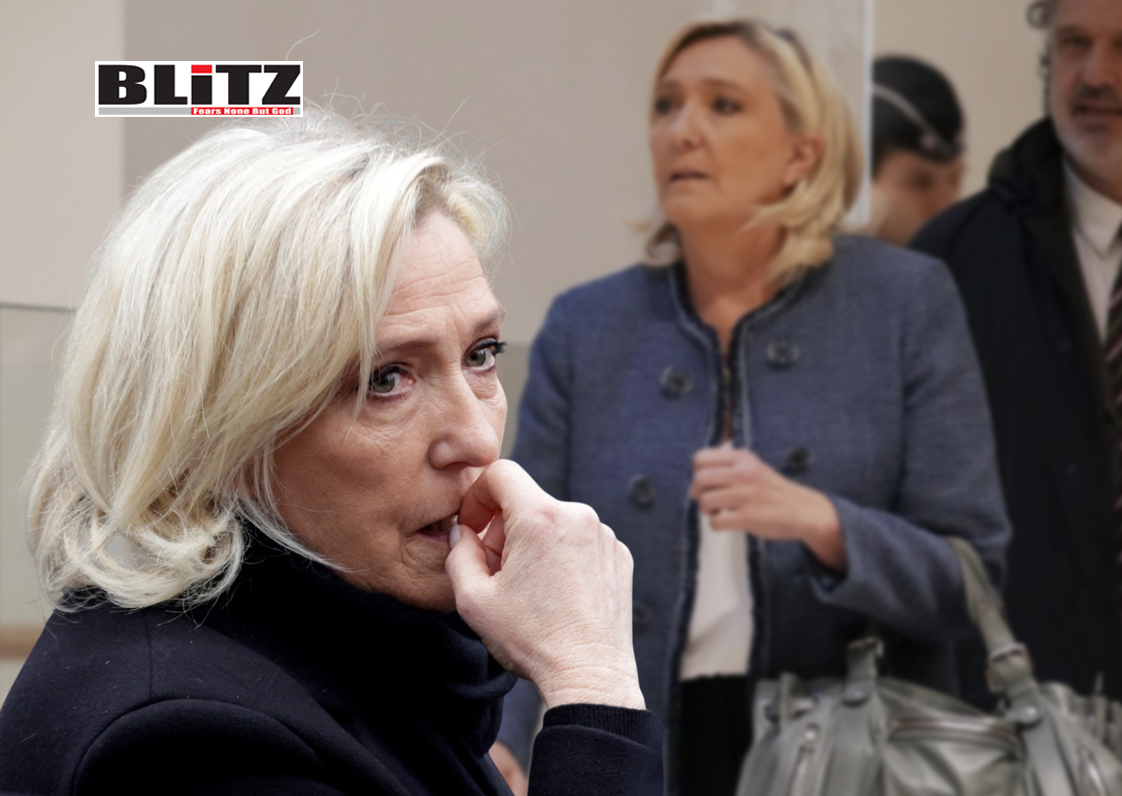

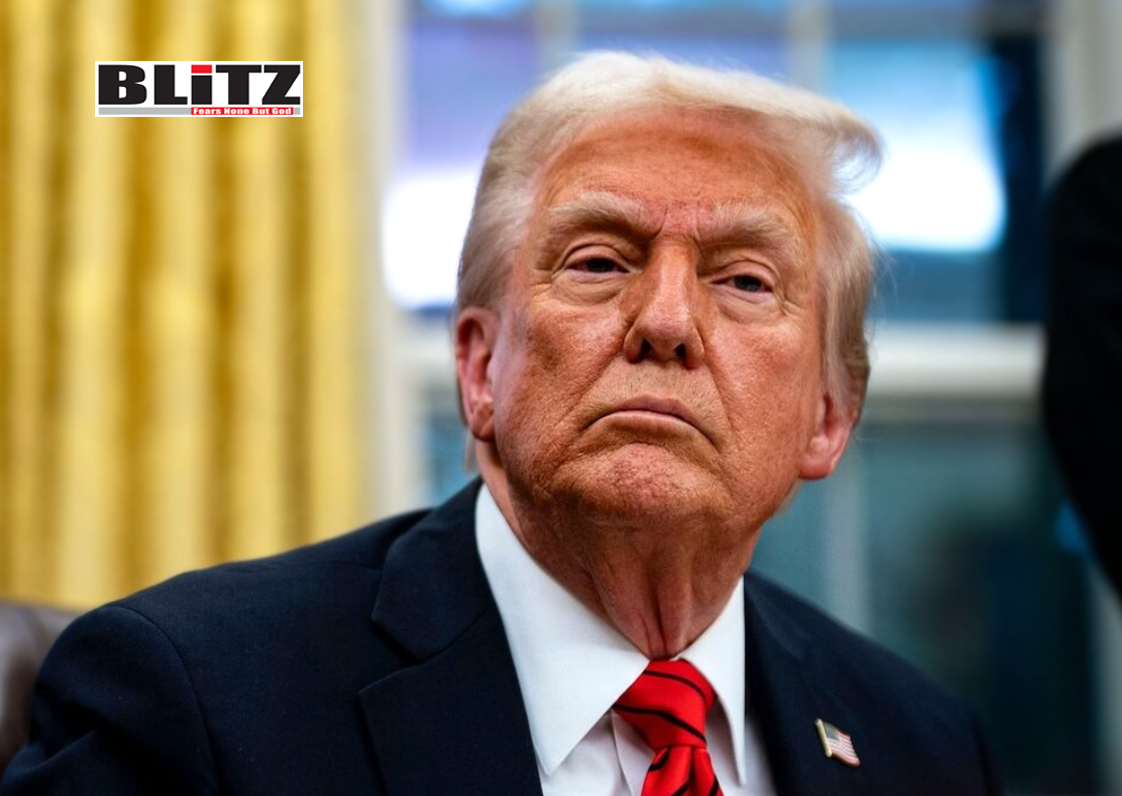
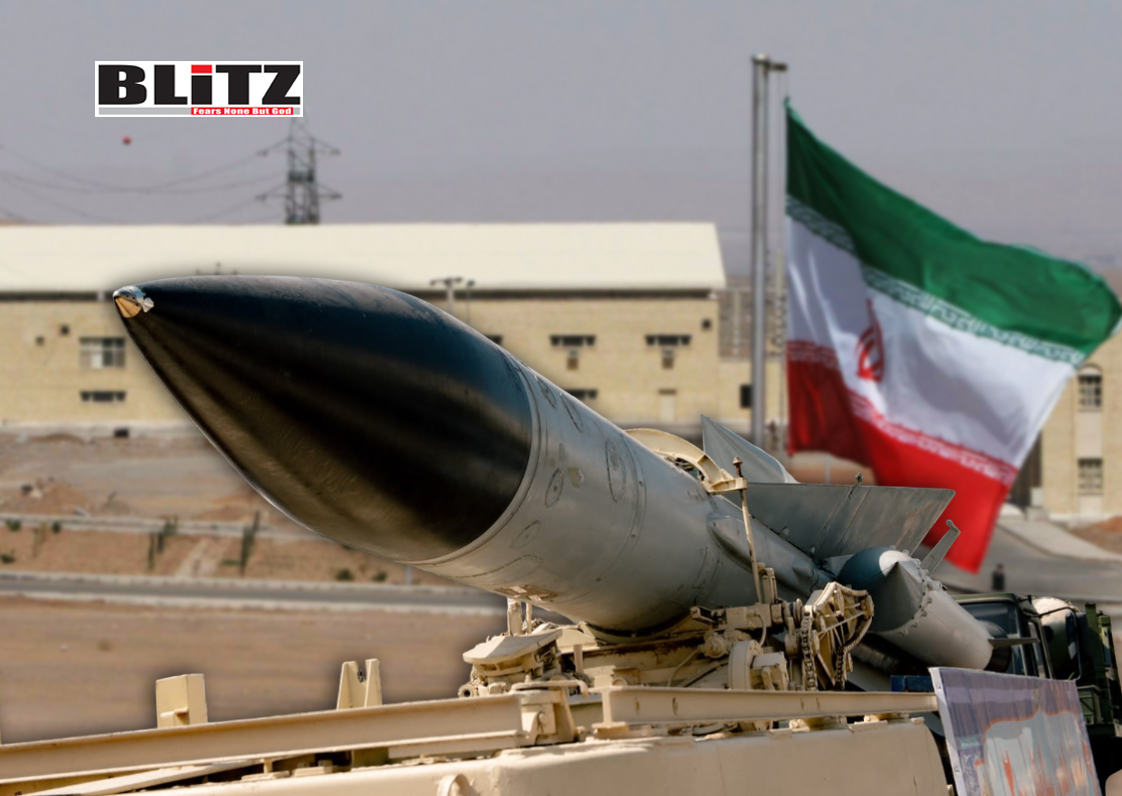






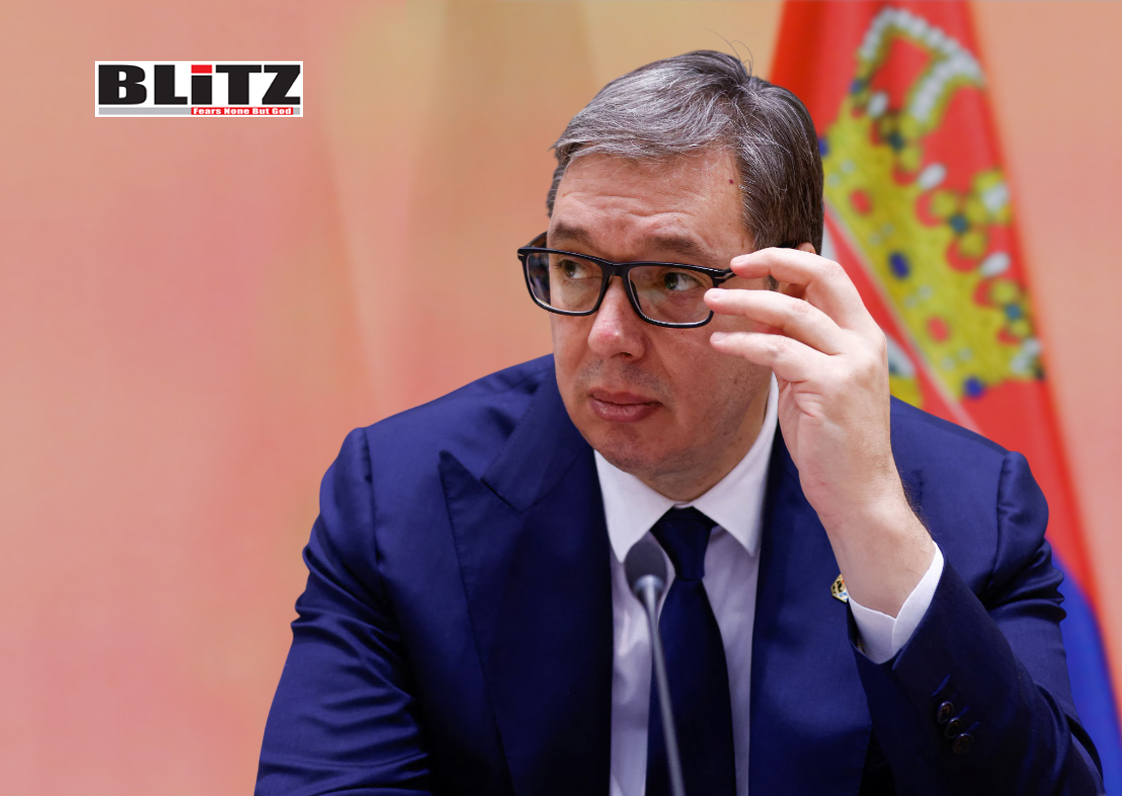

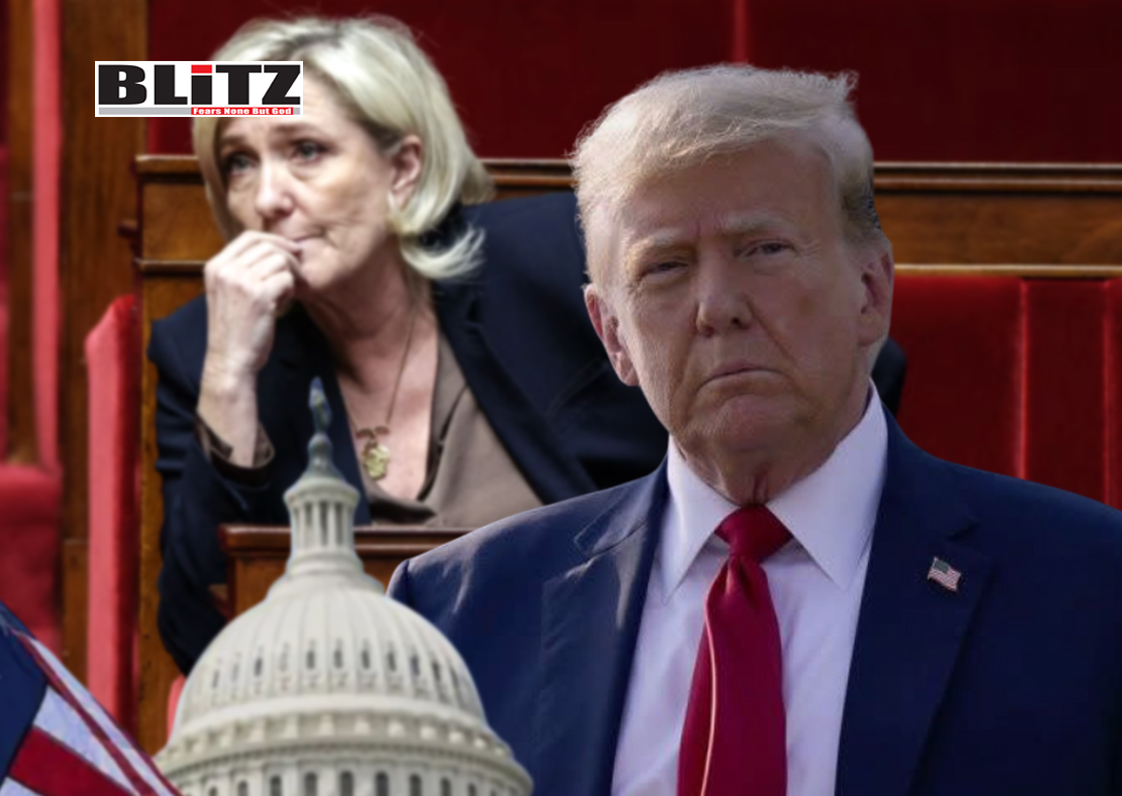
Leave a Reply